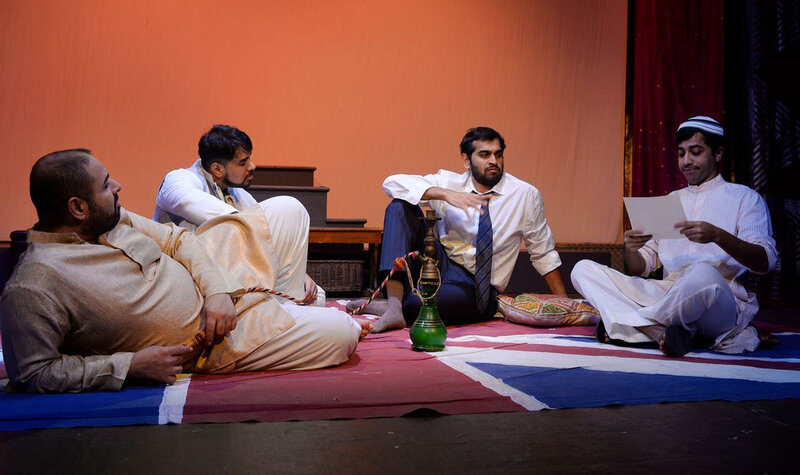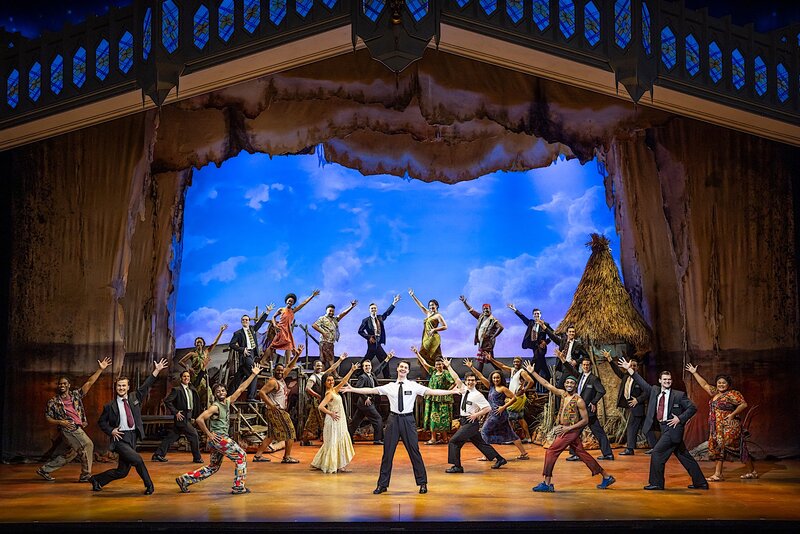E M Forster’s A Passage to India is a mighty epic tale set in the politically turbulent British colonial India of the 1920s. To adapt it to the stage is an equally mighty undertaking. To its credit, Genesian Theatre has delivered an engrossing production of Martin Sherman’s adaptation of the classic novel.
Much of the success of this performance belongs to director Mark G Nagle. Using the talents of cast and crew and his own artistic, creative and administrative abilities, Mark takes the audience on a journey. With smart staging, lighting, sound and period costuming, colonial India sits before us – our senses heightened by the music, accents, incense and visual pictures presented.
The story has the depth and complexity of India itself. Mrs Moore is visiting her son Ronny Heaslop, the British magistrate in the region of Chandrapore. Accompanying her is Miss Adela Quested, a schoolteacher who may or may not be intending to marry Ronny. She has not made up her mind yet. Both ladies are keen to see authentic India, not the British version of it.

In a chance meeting at a local mosque, Mrs Moore encounters Dr Aziz, a young doctor keen to show off the great natural sites that India has. A visit to the Marabar Caves is organised. Only a day trip, Aziz, Mrs Moore and Adele travel by train and elephant, and on foot. The mystique of the caves is haunting and by day’s end, Aziz is arrested for allegedly sexually assaulting Adele. The lead up to the ensuing trial brings with it a swathe of characters. Personal loyalties and friendships are tested, as is the trust towards the British by Aziz.
With a great script and divergent plot lines, themes of imperialism, racism and sexism are prevalent. There is an understanding of the rise of the Indian independence movement. On several occasions, the British characters are pestered by WASPs. Forster’s foresight is uncanny as the White, Anglo-Saxon Protestants are symbolically told to leave this country. Throughout the story, one character remains a constant: Professor Narayan Godbole. Often talking as a narrator, his wisdom and insightful comments on the Indian colonial predicament and mindset bring much humour.
The cast of 19 includes Gaurav Kharbanda (Prof. Narayan Godbole), Atharv Kolhatkar (Dr Aziz Ahmed), Miles Boland (Cyril Fielding), Susan Jordan (Mrs Moore), Christiane New (Adela Quested), Simon Lee (Ronny Heaslop) and Douglas Spafford (Harry Turton). The devil in the production is the duration. After 150 minutes plus interval, we made our passage to the exit. But the epic story, outstanding acting and presentation was well worth it. A Passage to India is absorbing theatre and comes highly recommended.
Paul Kiely
For more of Paul Kiely’s writings on theatre, check out Absolute Theatre
Other reviews you might enjoy:
- Ladies in Black (Genesian Theatre Company) – theatre review
- Sherlock Holmes and the Case of the Jersey Lily (Genesian Theatre) – theatre review
- Murder on the Nile (Genesian Theatre) – theatre review

Paul Kiely reviews shows in Sydney for www.absolutetheatre.com.au. He joined the team in 2018.





